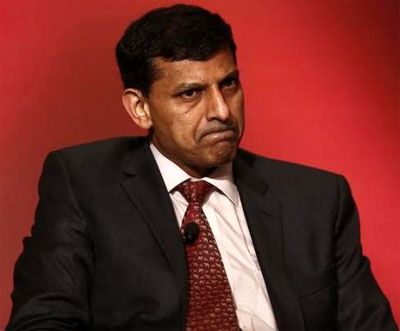Economists and investors want RBI to retain independence in setting rates
 The government, under attack for a draft bill that reduces the central bank's independence to set interest rates, has signalled its willingness to retreat.
The government, under attack for a draft bill that reduces the central bank's independence to set interest rates, has signalled its willingness to retreat.
The draft legislation, published on Thursday for public comments, calls for creation of a rate-setting panel, and permits the government to appoint more than half of its members.
Based on the proposal, the Reserve Bank of India (RBI) governor would have no veto power over panel's decisions, though he did under an earlier version of the plan.
The government asked for feedback on the draft, which quickly drew criticism for economists and investors who want the RBI to retain independence in setting rates.
In response to the flak, junior finance minister Jayant Sinha told Reuters on Monday the draft bill is part of an ongoing consultation process and should not be interpreted as the finance ministry's views.
"Government is in touch with (the) RBI," he said. "After considering its views... and best practices followed in other countries, (we) will take a decision."
Sinha said formation of the panel was one of the items discussed at a meeting on Friday between Prime Minister Narendra Modi and RBI chief Raghuram Rajan.
"The government including (the) Prime Minister believes that RBI is an independent institution, capable of taking decisions on monetary issues," Sinha said.
A turf war
His comments came hours after Finance Minister Arun Jaitley said the government would wait for written public comments on the draft bill, due by August 8, before deciding on how to constitute the rate-setting panel.
While the bill is part of a broader financial revamp plan, it is being widely viewed as another salvo from finance ministry bureaucrats in their turf war with the central bank.
In May, Modi intervened on behalf of the RBI to sink Jaitley's plans to end the central bank's authority to regulate the government bond market and manage public debt.
Some investors are worried that the draft proposals, if implemented, would make it tougher for the central bank to push ahead policies such as inflation targeting, which has helped contain endemic price rises.
As part of a historic overhaul of monetary policy, the government earlier this year agreed to let the RBI formally target inflation.
However, representation on the panel that will set interest rates has become a key sticking point between the two sides.
A central bank committee last year suggested a five-member rate-setting panel with no government appointees.






